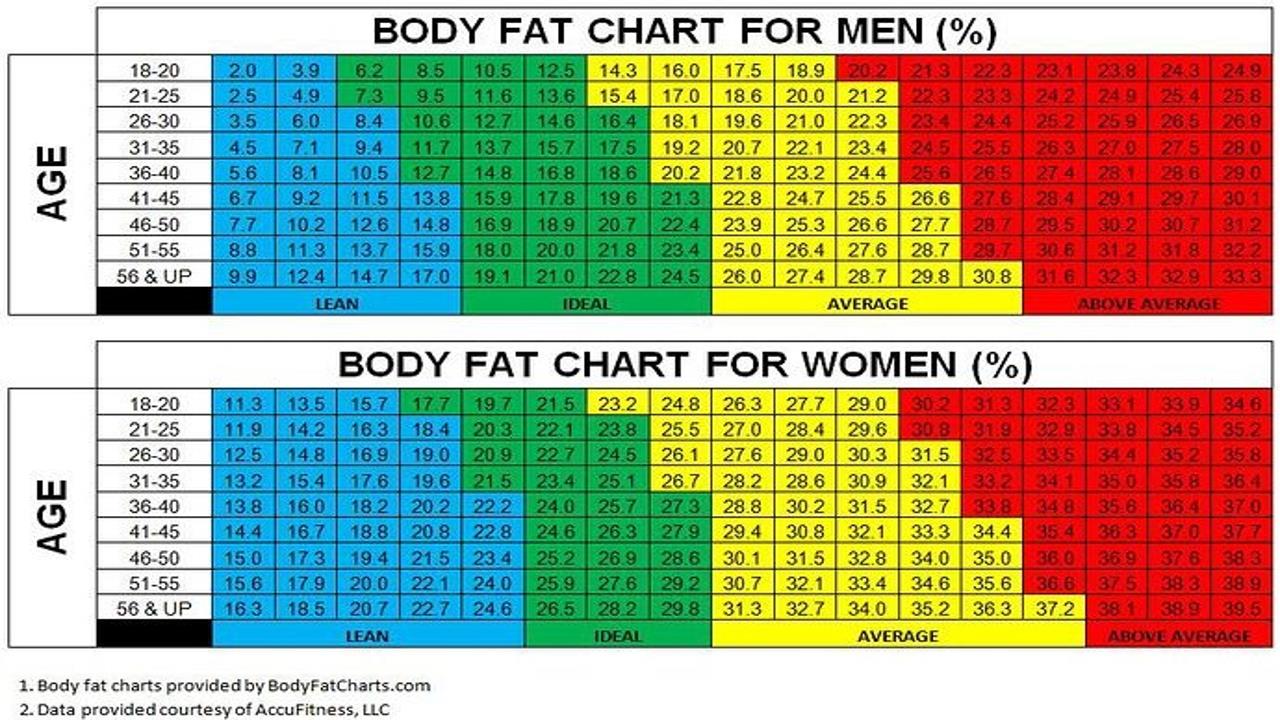Video:
Take our online poll:
AI Analysis:
Biological differences between men and women, often referred to as sexual dimorphism, exist primarily due to the influence of sex chromosomes (XX for females and XY for males) and the differential effects of sex hormones. Here are some major biological differences:
1) Reproductive System:
Genitalia: Men typically have external genitalia, including the penis and scrotum, while women have internal genitalia, such as the uterus and ovaries.
Gametes: Men produce sperm cells, while women produce egg cells (ova).
2) Secondary Sexual Characteristics:
Body Hair: Men generally have more body hair, including facial and chest hair, due to higher levels of androgens (such as testosterone).
Breast Development: Women develop breasts, primarily due to the presence of estrogen.
3) Hormonal Differences:
Testosterone and Estrogen: Men have higher levels of testosterone, and women have higher levels of estrogen. Both hormones are present in both sexes but in different concentrations.
4) Muscle Mass and Body Composition:
Muscle Mass: Men tend to have higher muscle mass and physical strength, attributed to the effects of testosterone. Fat Distribution: Women typically have a higher percentage of body fat, especially in the hips and breasts, influenced by estrogen.
5) Reproductive Roles:
Pregnancy and Childbirth: Women have the unique ability to conceive and bear children, experiencing pregnancy and childbirth. Chromosomes:
Genetic Makeup: Women have two X chromosomes (XX), and men have one X and one Y chromosome (XY).
6) Voice Pitch:
Vocal Cords: Men usually have longer and thicker vocal cords, resulting in a lower-pitched voice.
7) Hormonal Cycles:
Menstrual Cycle: Women experience a monthly menstrual cycle, characterized by the release of an egg from the ovaries and changes in hormone levels.
It's important to note that while these biological differences are generally true on a population level, there is significant variability among individuals. Additionally, gender identity, which is distinct from biological sex, is a personal and psychological aspect that may not align with one's biological sex.
Chart:

References:


Comments